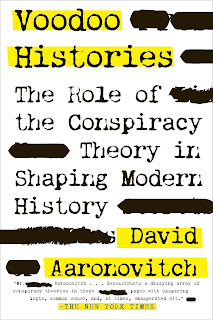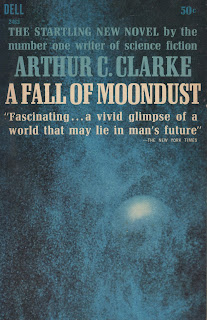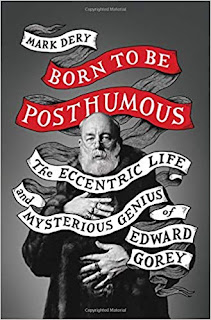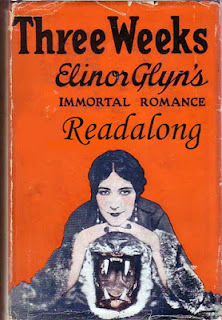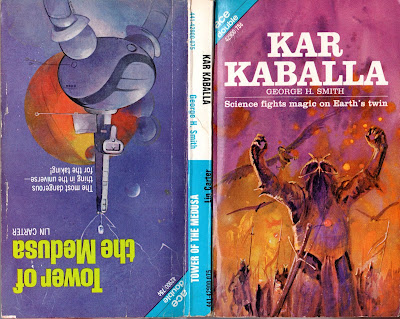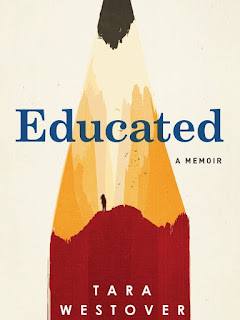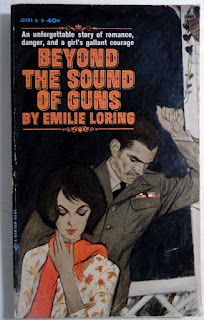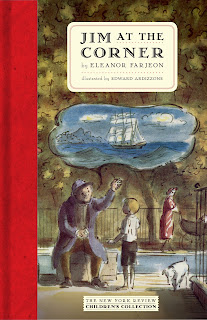CC Spin: Crime and Punishment

Lurid cartoons on every panel! Crime and Punishment, by Fyodor Dostoyevsky, trans. by Oliver Ready My chunkster Spin title was Crime and Punishment, and despite the completely un-cozy nature of the novel, I really was pretty excited to read this new translation by Oliver Ready. I read Crime and Punishment once before, years ago (maybe 15? after I moved to this house but before I started the blog), and I don't know what translation that was, other than an older one -- given that I was reading a very elderly pocket paperback, it was probably Constance Gannett. I remember almost nothing, but I did find it something of a slog. Well, this translation is not a slog! The story is well known: Raskolnikov, a student in St. Petersburg, has no money and no energy either. Everything makes him angry, and he lies in his filthy little room and feverishly stews over his terrible, tempting plan -- there's this awful pawnbroker woman, and if he killed her, he could...

